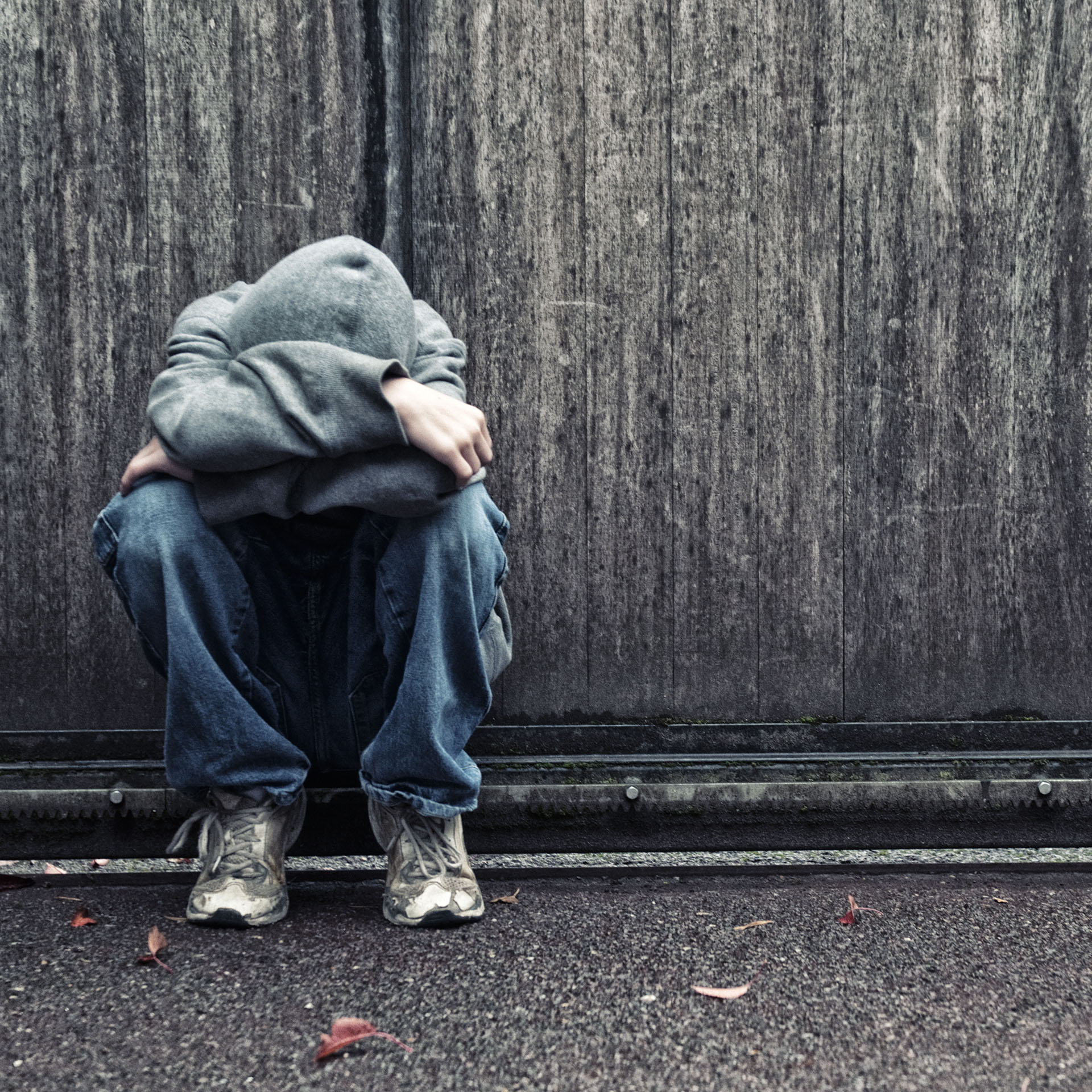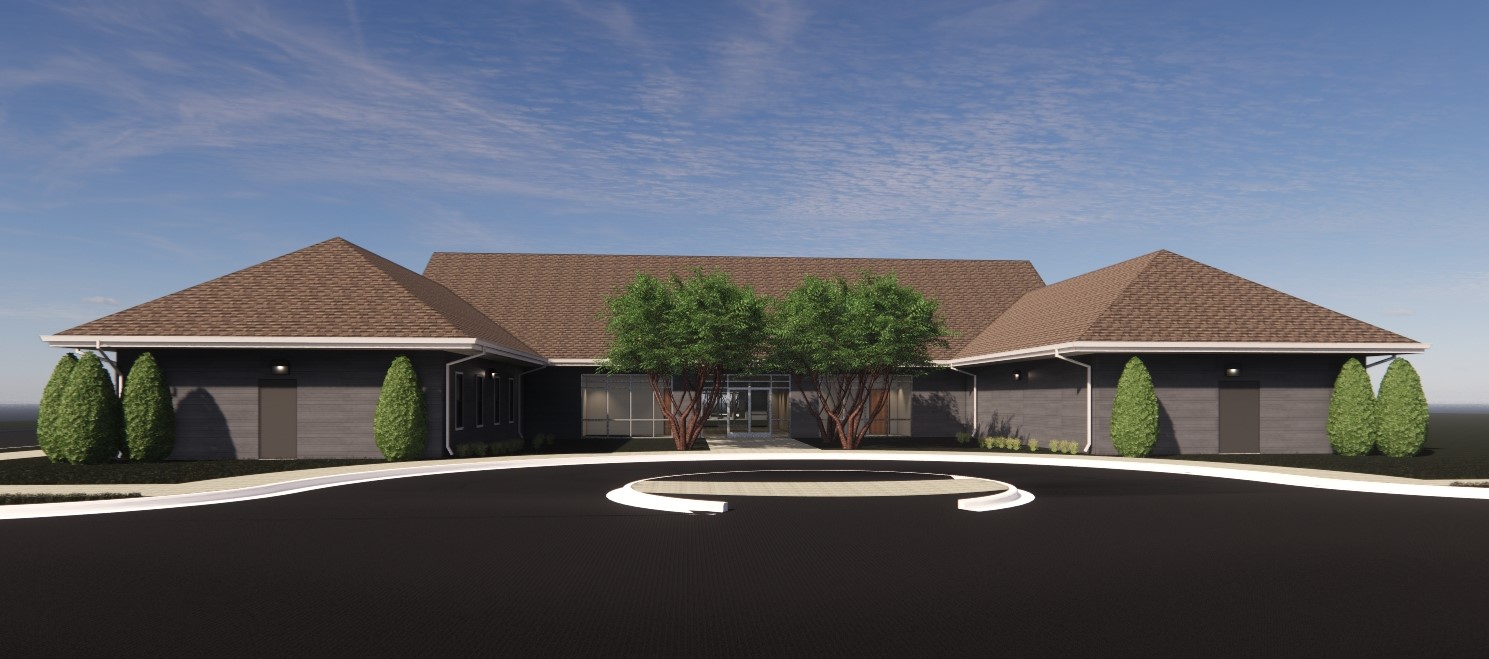 Of the 3.5 million people who experience homelessness each year, 3.4% are HIV/AIDS positive—a rate three times higher than those not experiencing homelessness. There is a direct correlation between HIV/AIDS positivity rates and those experiencing homelessness due to a lack of primary care and basic needs, among other reasons.
Of the 3.5 million people who experience homelessness each year, 3.4% are HIV/AIDS positive—a rate three times higher than those not experiencing homelessness. There is a direct correlation between HIV/AIDS positivity rates and those experiencing homelessness due to a lack of primary care and basic needs, among other reasons.
As of January 2020, Alabama estimated 3,351 individuals to be experiencing homelessness on any given day, as reported by Continuums of Care to the U.S. Department of Housing and Urban Development and published by the United States Interagency Council on Homelessness.
The report stated that 267 were family households, 329 were veterans, and 175 were unaccompanied young adults aged 18-24 years old.
While programs exist for families and veterans, no programs to help young adults 18-24 years old have existed—until now.
The Way Station, a new program of AIDS Alabama, is working to fill these longstanding and critical gaps.
"Currently, no shelter is available to young people that address their unique needs and situations," said Caroline Bundy, director of Development at AIDS Alabama. "Adult shelters are not seen as a safe alternative to life on the streets by the youth, as many state that they risk abuse and theft of what little property they own by the savvier adults residing in adult shelters.”
The new shelter will serve 18-24-year-olds who are capable of signing a lease. Residents do not need to be HIV or AIDS positive to stay at the Way Station. Their mission is simply guided by the belief that all people deserve bright futures.
“The Way Station will be an invaluable and much-needed resource for youth in our community,” said Tina Simpson, M.D., MPH, professor, and director in the Department of Pediatrics and the UAB Family Clinic director.
Serving with no strings attached
Youth are helped through two program areas: the Way Station offers a low-barrier, emergency, and overnight crisis stabilization shelter, as well as transitional housing for up to a two-year stay.
Way Station’s model breaks down barriers to shelter for youth as it does not require them to be clean and sober. Instead, the model simply offers safe housing first. “Upon intake our young people, with direction from their social worker, will develop a care plan with mutually agreed upon goals for independence,” explained Caroline.
She also said the Way Station is necessary for our community to meet young people's “health, safety, and well-being" and “start each of them on their way to a sustainable life as productive adults.”
The shelter provides resources to the most immediate needs for this unique age group, including safety, security, meals, sleep, shower, and emotional tools.
A model of prevention to an ongoing crisis
By preventing youth homelessness, the next generation of homeless adults is prevented. Too, decreasing the number of homeless youth on the streets in our community leads to a reduced number of instances of AIDS and HIV.
“Youth experiencing homelessness are at particularly high risk for HIV infection as these youth may be more likely to engage in ‘survival sex’ and substance use,” said Samantha Hill, M.D., MPH, assistant professor in the Division of Adolescent Medicine and scientist at the Center for AIDS Research.
Similarly, Heather Relyea Ashley, M.D., assistant professor in the Department of Pediatrics, explained that “Alabama continues to experience an HIV epidemic of moderate magnitude when contrasted to the experience of other states, particularly states outside of this region.
“Prior to 2005, the majority of HIV cases were among adults in their thirties. However, Alabama has been experiencing a downward shift in the age distribution of newly diagnosed HIV infections; adolescents and young adults, ages 13-29, represented nearly half of all individuals in Alabama with newly diagnosed HIV infection.”
As a part of AIDS Alabama, the Way Station focuses on housing as a primary need for folks at risk for HIV and AIDS. A benefit to provided housing is that if basic needs like shelter are met, primary care is easier to access.
“Youth living with HIV and experiencing homelessness often have challenges staying engaged in health care and achieving and maintaining viral suppression,” said Hill.
Caroline commented that homeless youth are not concerned with going to the doctor—their focus is to find a place to sleep and eat.
The Way Station will be staffed with resident advocates who can help youth find the care they need and social workers, program coordinators, peer support specialists, security detail, environmental services, and volunteers.
 Rendering of The Way StationThe guiding light to a hopeful beginning
Rendering of The Way StationThe guiding light to a hopeful beginning
Beyond providing housing and food and meeting other basic needs, the Way Station will work with youth to give them the necessary life tools. On the agenda are sessions that include how to interview for a job, secure a job, life and housing skills, financial empowerment, and general coping mechanisms to walk through life.
“These youth have been disappointed repeatedly by adults in their lives,” Caroline said. “We want to give them a feeling of stability, love, and security. We want them to know someone has their back.”
Simpson noted that “The center will undoubtedly make a significant impact in our efforts to End the HIV Epidemic.”
Ways you can help
The Way Station is under construction now and plans to finish Summer 2022. Doors are scheduled to be open by August 2022. Volunteering or donating will both impact the Way Station’s success.
Volunteer
The Way Stations seeks mentors, counselors, or other program helpers to volunteer time for their program. Volunteers will be asked to complete training before beginning their service. Similarly, AIDS Alabama offers programs and interactive events for community members to stay involved. Volunteers can contribute to civic engagement efforts or peer-to-peer advocacy training.
Donate
Financial benevolence will make a big difference in the lives of youth impacted by homelessness who seek shelter at the Way Station and the programs and resources provided by the shelter. Contribute to a meaningful cause that is making a difference in the lives of the next generation.
Stay educated
Stay in the know about how those living with AIDS and HIV and who experience homelessness are represented in policy-making decisions and how organizations are working to keep our community more inclusive each day.
Visit AIDS Alabama to learn more.
